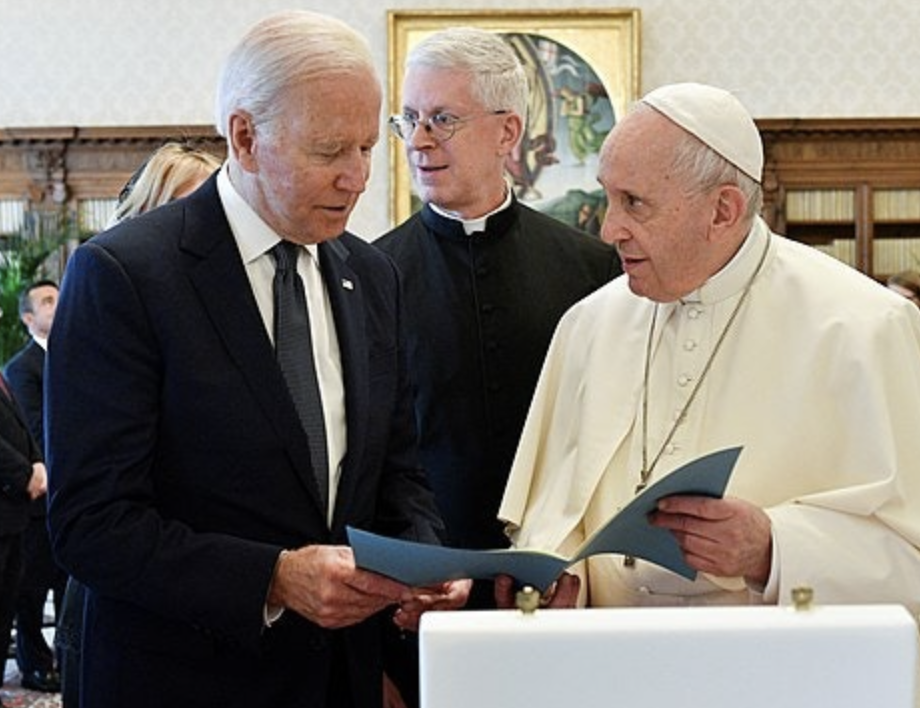Professionals who sell technology are used to events in which they display their goods and explain why they are important.
But the scene was different at Our Lady of Mount Carmel Catholic Church in Carmel, Indiana, on a Sunday a few weeks before Christmas. After each Mass, the faithful could enter the parish hall and meet representatives of companies that sell "dumb phones," mobile devices without unlimited access to the Internet.
Most active Catholic parents have already been exposed to the national debates about smartphones on the mental health of young children and teens, said parishioner Lauren Clark, who helped organize the event. The question is whether churches should get involved.
"Lots of parents are on board … but they don't know what they can do," she said, reached by telephone. "They still feel like they need – thinking about safety – some way to keep in touch with their kids."
Parents also worry about arguing with their children, or other parents, about these decisions. And while they worry about the impact of smartphones on their children, they worry about what will happen if their children unplug from the digital culture of their peers.
"Parents know that social media is more dangerous than the technology itself," said Clark. "But if kids have that smartphone, there's really no way to keep them off social media. It's a critical mass situation. ...
"You get them that smartphone to avoid conflict. But when you open that door, you're going to face many other conflicts. Can I get Instagram? Can I get on TikTok? That smartphone is not a neutral object. It's a tool."
Religious groups need to get involved, said the researcher at the heart of these debates. Jonathan Haidt of New York University, author of "The Anxious Generation: How the Great Rewiring of Childhood is Causing an Epidemic of Mental Illness," is a self-avowed Jewish atheist. Nevertheless, he has found that Orthodox Jewish educators are the leaders most willing to work with him.
Orthodox Jews know they will clash with the culture around them, he said, in an interview this past fall. Other religious leaders need to face that reality.










